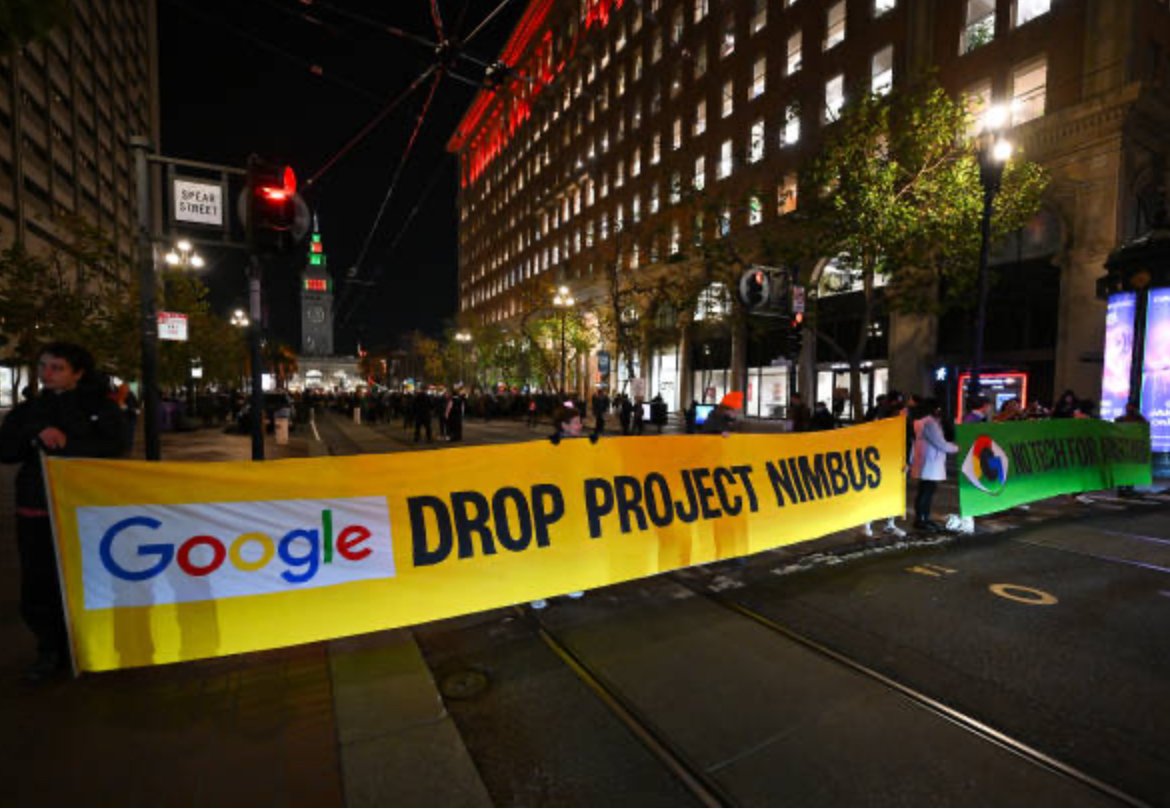Ilhan Omar’s anti-Semitism controversy, explained
Congresswoman Ilhan Omar has been the subject of a smear campaign for weeks, with accuses weaponizing her indelicate, but entirely defensible, critique of AIPAC; her controversial comments, repeatedly suggesting that the relationship between the US and Israel is fueled by vast sums of lobbying money, brought her to be condemned after she accused the pro-Israel lobbying group of paying lawmakers in exchange for influence.
In what has quickly become the biggest controversy of her short congressional tenure, Omar has faced relentless outcry from both Democrats and Republicans for criticizing pro-Israel lobbyists’ influence in American politics. While many have accused Omar of being anti-Semitic, pro-Palestinian and leftist activists have argued that Omar’s criticism of Israel has been unjustly conflated with anti-Semitism.
As America is a free country, and Omar is within her rights to think what she will about Israel or anyotherstate, no serious person claims criticism of Israel is ipso facto anti-Semitic.
Who is Ilhan Omar?
A refugee from Somalia, she is the newly elected representative for Minnesota’s 5th Congressional District. Her election in November represented a lot of firsts: she was the first Somali-American elected to Congress, one of the first two Muslim women elected (along with Rep. Rashida Tlaib of Michigan), the first woman of color to represent Minnesota, and the first member in history to wear a hijab.Omar has come under scrutiny for her positions on Israel; both she and Tlaib have expressed sympathy for the Boycott, Divestment,Sanctions (BDS) movement, aimed at protest Israel's treatment of Palestinians.
How did the controversy begin?
It all started on Twitter, when journalist Glenn Greenwald tweetedthat Republican House Minority Leader Kevin McCarthy had threatened to take action against Omar and Michigan congresswoman Rashida Tlaib for criticizing Israel. Omar responded by writing, “It’s all about theBenjamins, baby”,quoting a lyric from the 1997 song by rap artist Puff Daddy.
The conversation didn’t turn into a full-blown controversy until opinion editor Batya Ungar-Sargon jumped in; she first condemned the congresswoman for tweeting an “anti-Semitic trope” about Jewish people and money, and then called on Omar to name who’s “paying American politicians to be pro-Israel.” Her response was crystal clear as she named AIPAC.
Within hours of criticizing, Omar has faced widespread criticism from both Democrats and Republicans, who have called on her to apologize over her “use of anti-Semitic tropes”. After speaking to Speaker Nancy Pelosi, Omar issued an apology on Twitter.
“Anti-Semitism is real and I am grateful for Jewish allies and colleagues who are educating me on the painful history of anti-Semitic tropes. My intention is never to offend my constituents or Jewish Americans as a whole. We have to always be willing to step back and think through criticism, just as I expect people to hear me when others attack me for my identity. This is why I unequivocally apologize”. She did not, however, walk back on her criticism of lobbyists, adding “I reaffirm the problematic role of lobbyists in our politics, whether it be AIPAC, the NRA or the fossil fuel industry.It’s gone on too long and we must be willing to address it,” her tweet concluded.
Legitimate criticism of Israel’s policies is protected by the values of free speech, wrote the top Democrats, but Omar’s use of anti-Semitic tropes and prejudicial accusations about Israel’s supporters is deeply offensive.
But what is AIPAC? And how really powerful is it?
AIPAC, or the American Israel Public Affairs Committee, is a pro-Israel lobbying group that focuses on Israel education, trips to Israel for U.S. politicians which was founded in 1951 to ‘strengthen, protect and promote the U.S.-Israel relationship’. From many sides people is questioning whether it is becoming too powerful.AIPAC is a public affairs committee and not a political action committee.Although it insists in being non-partisan, in December 2017, it commended Trump for recognizing Jerusalem as Israel’s capital. The group itself does not give money directly to politicians, but organizes fundraisers and other similar events for candidates through unofficial groups.
In 2018, total pro-Israel spending was $5 million, of which AIPAC accounted for $3.5 million. In contrast, Native American casinos spent around $22 million that year. AIPAC was the 147th highest-ranked entity in terms of lobbying spending in 2018.
Trump’s response
The day after Omar’s apology, Trump reacted by telling that “anti-Semitism has no place in the United States Congress,” and that Omar should thus resign. This, in turn, ignited outrage over Trump’s hypocrisy toward anti-Semitism. Some argued thatOmar wouldn’t have been the target of this much coordinated outrage were she not a black Muslim woman. As a candidate and now as President, Donald Trump has consistently and unapologetically trafficked in white nationalism, Islamophobia, sexism, and racism.
Omar finally responded in a tweet to Trump.“You have trafficked in hate your whole life — against Jews, Muslims, Indigenous, immigrants, black people and more,” she wrote. “I learned from people impacted by my words. When will you?”
Conclusion
“The United States Congress has provided Israel with the strongest support of any institution in the world. Maintaining bipartisan congressional support for Israel is crucial,” AIPAC itself states. The lobby knows that it needs to maintain control over the politicians that keep Israel’s agenda in place.Support for Israel is part of a strategy employed by establishment politicians to defend US empire across the world.








